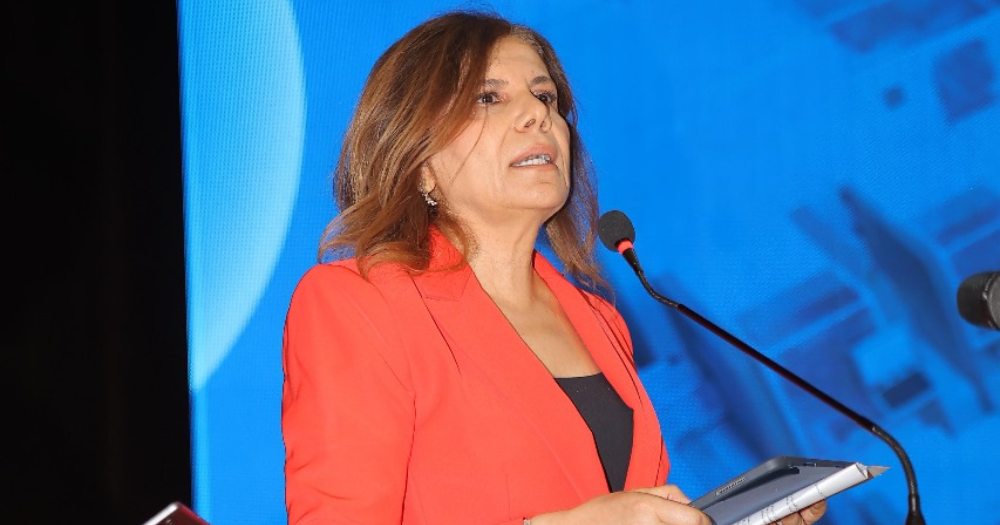Cairo University, Roche launch an automated lab at Qasr El-Ainy

Cairo University and Roche Diagnostics have cut the ribbon on a fully automated core laboratory at Al-Manial University Hospital, Qasr El-Ainy. This isn't just another hospital upgrade — it's a facility capable of running 36.7 million tests every year and serving nearly 2.5 million patients.
"This new lab represents a breakthrough in our commitment to excellence and innovation in healthcare," said Professor Hossam Salah, Dean of the Faculty of Medicine and Chairperson of Cairo University Hospitals. And he's not exaggerating — this place is one of the most advanced diagnostic hubs in the region.
How does it work?
Think of it as a conveyor belt for medical answers — but far more sophisticated. The lab is built on Roche's cutting-edge automation technology, covering the entire testing journey from sample drop-off to final results.
- Sample transfer? Automated.
- Testing process? Streamlined.
- Post-analysis? Digitally handled.
Tests that once took hours now deliver results in under two. That means faster diagnoses, quicker treatment decisions, and less anxious waiting for patients. Plus, automation slashes the risk of human error — particularly in pre-analytics, where most lab mistakes usually happen.
As Lilian Kanaan, General Manager of Roche Diagnostics Egypt, put it: "Together, we are delivering a fully automated diagnostic system that represents the future of healthcare in Egypt."
Why does it matter?
Speed and accuracy can be the difference between life and death — especially in high-volume hospitals. This new lab isn't just a shiny piece of tech; it's a tool that helps doctors make better calls, faster.
- Faster results mean quicker treatment decisions.
- Lower error rates boost trust in the system.
- The capacity to handle millions of tests keeps the hospital running like clockwork.
It's also about education and innovation. The lab doubles as a training ground for the next generation of doctors and researchers, ensuring the know-how behind this technology spreads across Egypt and beyond.
The context
Cairo University Hospitals isn't just any hospital network — it's one of the largest and oldest teaching and research hubs in the Middle East, with 17 hospitals, over 5,200 beds, and more than 100,000 surgeries performed each year. The institution is heading toward its 200th anniversary in 2027, making this high-tech upgrade perfectly timed.
"This facility is more than a lab — it's a model of collaborative work," said Professor Mohamed Abdelsadek, President of Cairo University. And he's right. This is Egypt's fifth total lab automation project, but its scale and integration set it apart. It's not just about keeping up with modern medicine; it's about leading the charge.
💡Did you know?
You can take your DHArab experience to the next level with our Premium Membership.👉 Click here to learn more
🛠️Featured tool
 Easy-Peasy
Easy-Peasy
An all-in-one AI tool offering the ability to build no-code AI Bots, create articles & social media posts, convert text into natural speech in 40+ languages, create and edit images, generate videos, and more.
👉 Click here to learn more


